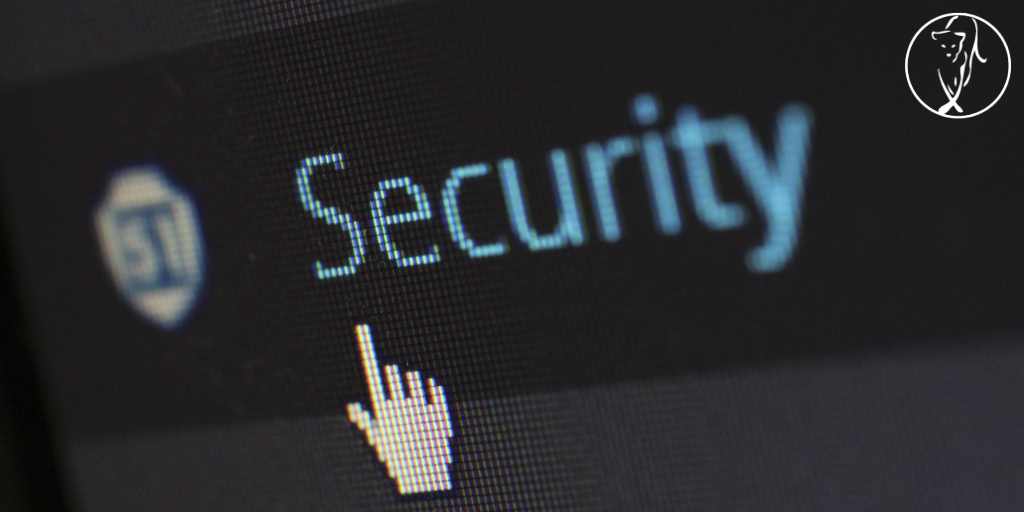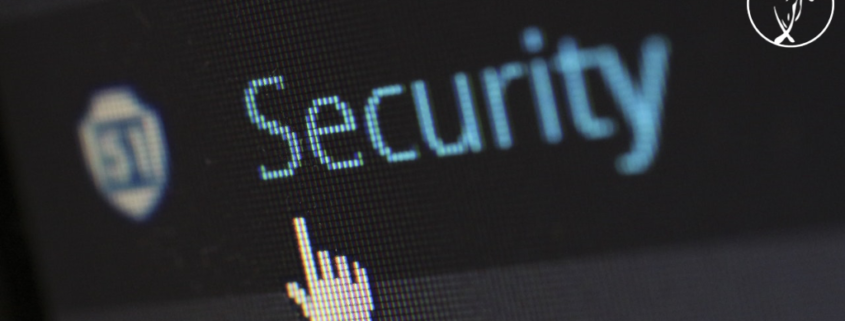Close that back door! — Lionesses of Africa

Sadly, but no surprise, ‘Crime’ is number 3 on this list. Security guards and electric fences keep your office safe, but not all of your employees would be living in the same ‘safe’ environment. How can we create a virtual high wall and electric fence around them before theft of a company laptop compromises the entire business?
Corruption is 2nd. We assume corruption relates to the Government and such well documented issues around the terrible fraud that stole so many people’s life savings at VBS Bank, and of course the Gupta’s and their ‘State Capture’ (see here) and other such cases within South Africa. But it also includes bribes to company employees to open up the back door that can be used by competitors.
What is the solution?
The issue behind all of this is that, at the end of the day, there is only so much you can do. You still need to trust your employees as trust is essential for building a strong team and company. But there are basic security blocks you can put in to both allow you to sleep better at night and also to not put all the pressure on your employees.
The starting point is to be aware that these issues are real and still with us. They have not miraculously disappeared just because there is a new ‘bogey man’ in the form of Covid in town. Being aware is the beginning of building those high walls and electric fences.
Second is to be aware of your sensitive information, what this is and just how sensitive it is. Customer’s credit card details, names and addresses are, of course, at the top of the list. Employees names, addresses, salaries and cost to company are also highly sensitive. Any ingredients to your ‘secret sauce’ are likely to be gold dust in the hands of a competitor. So ask yourself as Mckinsey suggest (here): “Which information assets are most critical, and what is the “value at stake” in the event of a breach? What promises—implicit or explicit—have we made to our customers and partners to protect their information?”
Third on your ‘to-do’ list, is to ensure that only employees who need to have that information, have that information. We would be very surprised if employees outside of HR and the essential few in Finance who prepare and sign the cheque have access to salary details. But we would suggest that this can be narrowed down to a few, and that is certainly not all within HR. Likewise Finance who have to be involved in all aspects of the company’s business, but does all really mean all members of the finance department need all of the information? We would suggest not. Access to suppliers systems? Again, those in Operations, but not all within Ops.
There are many ways in which you can put in firewalls around certain roles. If you are working from the cloud (which is likely if you have employees working from home), the various files within this and on your servers can be password protected. Indeed, often with a second security such as a pass number then sms’d. Many of these issues were not first and foremost on your mind as Covid hit, but now that company information is out there on private laptops, the pandora’s box is open, somehow you need to rein it in.
Your anti-virus, anti-malware software must be up to date, likewise on your employees laptops. It is a small price to pay to show your employees that you care by buying a group licence.
Lastly look into Virtual VPN networks. These are not just so that you can watch Netflix in the UK because they have better shows than Netflix Kenya, but are actually a serious defence against competitors gaining access to your systems. As Norton (one of the leaders in such security) say (here): “Surfing the web or transacting on an unsecured Wi-Fi network means you could be exposing your private information and browsing habits. That’s why a virtual private network, better known as a VPN, should be a must for anyone concerned about their online security and privacy.
Think about all the times you’ve been on the go, reading emails while in line at the coffee shop, or checking your bank account while waiting at the doctor’s office. Unless you were logged into a private Wi-Fi network that requires a password, any data transmitted during your online session could be vulnerable to eavesdropping by strangers using the same network.”
With all of this to consider, please don’t forget to keep your wits about you. If something sounds just too good to be true, it usually is! Never forget about the old fashioned Con Artist! They are still alive and well – as we also saw this week as Mark Acklom (“considered to be one of the most notorious conmen in the UK”, see here) was given early release from a UK Prison. “During a criminal career spanning 30 years he not only defrauded his family but also complete strangers [many of whom were highly intelligent but trusting women], who were unlucky enough to come across him and were conned out of their life savings [and businesses]. You can imagine just how innocent and believable he was at his parole hearing – did we mention he was a Con Artist?
Stay alert to these, but in the meantime, control the controllables and the easiest of these, is to Close That Back Door!
Stay safe.




Leave a Reply
Want to join the discussion?Feel free to contribute!